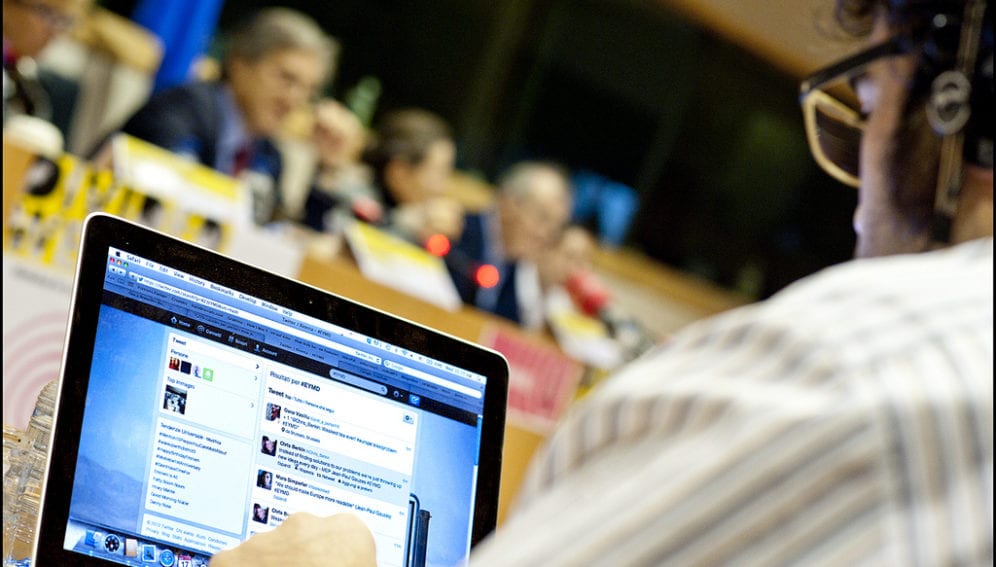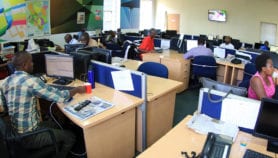By: Charlotte Owen
Send to a friend
The details you provide on this page will not be used to send unsolicited email, and will not be sold to a 3rd party. See privacy policy.
An international development journalism competition run by UK newspaper The Guardian for the past six years could soon open its doors to journalists in developing countries, according to organisers.
This year’s 12 winning articles, one of which covered the decreasing efficacy of a major antimalarial drug, were published in a Guardian supplement this week (25 November).
For funding reasons, the International Development Journalism Competition is currently only open to UK residents, but as funding constraints lessen “hopefully this will no longer be the case in the future”, Sue George, the competition’s editor, tells SciDev.Net.
“I hope that people in the countries being written about feel that we have represented development issues satisfactorily, but, in future, I hope they will be writing about [these] themselves,” she says.
The proposal is currently under discussion and will be announced officially by The Guardian when a decision has been made, according to George.
“There is so much news that is important and interesting, yet is not really accessible to a wide readership. Anything the competition — and I as its editor — can do to change this can only be a good thing.”
Sue George, The Guardian
The competition, which began in 2008, started with a primarily UK readership, but has since attracted a more global audience thanks to the Internet’s growth, says George.
The rationale for the competition is that “many crucial issues facing the developing world are often overlooked or underrepresented by the media”, she says.
The contest aims to highlight those topics that deserve greater media exposure, according to The Guardian.
“It is essential that developing-world issues are covered as widely as possible. There is so much news that is important and interesting, yet is not really accessible to a wide readership. Anything the competition — and I as its editor — can do to change this can only be a good thing,” George adds.
Out of the 12 winners in the second round of this year’s competition only one article was science-based and “very few” were entered in total, according to George. There was a similar pattern in the entries for a recent development media grant programme organised by the European Journalism Centre.
George puts this down to entrants often finding science stories difficult as few have scientific backgrounds.
The winners included Sophie McBain, a staff features writer at UK current affairs magazine New Statesman, whose story addressed the troubling rise in malarial parasite resistance to artemisinin, the most-effective antimalarial drug to date, on the Cambodian border.
Entrants wrote stories based around 12 core themes that vary each year according to the NGOs sponsoring them. For example, this year, themes ranged from “Global hunger: prevention or cure?”, sponsored by Farm Africa, to “What is the role of China in the global health agenda?”, sponsored by the Malaria Consortium.
Of the 12 finalists, ten were women — a proportion that appears typical of this contest. “This has always been the case for this competition,” says George. “There have always been more women entering and being shortlisted.”
“The competition gives new and aspiring journalists the chance to write on these issues, which they otherwise would not have,” she adds.
> Link to The Guardian International Development Journalism Competition 2013














